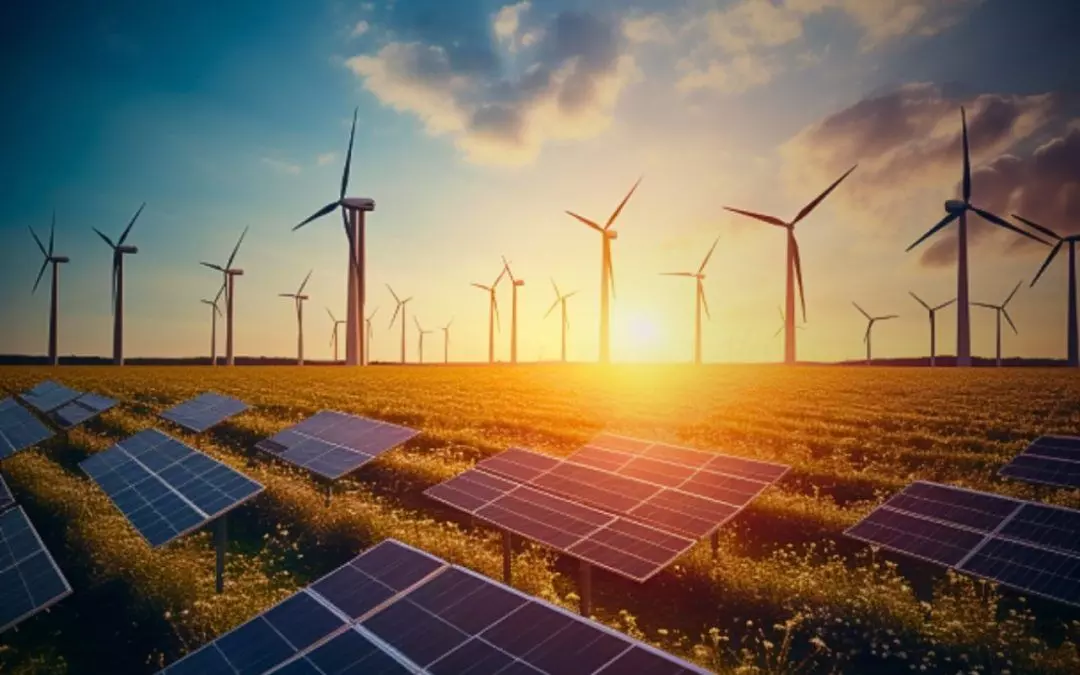Why Every Home Should Embrace Renewable Energy in 2025
image for illustrative purpose

As the world grapples with the dual crises of climate change and rising energy demand, the shift toward renewable energy is no longer just a trend—it’s becoming a necessity. For UK homeowners in 2025, embracing renewable energy isn’t simply about sustainability. It’s about long-term resilience, energy independence, and contributing to a cleaner future.
And at the centre of this transition? The solar panel.
A Solar Panel Revolution for Homes
Recent data shows a sharp rise in domestic renewable energy adoption, with solar panels becoming the preferred choice for many UK households. And it’s no surprise—solar panels offer a direct way to harness clean, abundant energy from the sun, right from your rooftop.
A well-installed solar panel for home use brings a number of immediate and long-term advantages:
● Localised clean energy: Generates electricity directly at the source
● Lower reliance on the grid: Reduces vulnerability to grid instability and outages
● Supports greener habits: Encourages energy-efficient behaviour
● Compatible with evolving smart tech: Integrates well with home energy storage and monitoring systems
This shift is being supported by technologies like inverter PV solar systems, which convert the direct current (DC) energy produced by solar panels into usable alternating current (AC) for home use.
Why 2025 Is a Turning Point
Several factors make 2025 the ideal time for households to consider switching to renewables:
1. Increased energy awareness: With energy security becoming a global concern, more families are prioritising control over their energy sources.
2. Technological maturity: Advances in solar panel and inverter PV solar technology have made systems more efficient, compact, and durable.
3. Smart Export Guarantee (SEG): Households can now earn credits for exporting unused electricity back to the grid, further encouraging the use of solar.
4. Rising environmental consciousness: More homeowners see their property as a tool for personal and planetary change.
With these dynamics in play, transitioning to solar power is no longer a radical act—it’s fast becoming the new normal.
The Role of Inverter PV Solar Systems
Inverter technology is the unsung hero of solar setups. It ensures that the electricity generated by solar panels can be used safely and efficiently in a home. More advanced inverter PV solar systems even allow homeowners to:
● Monitor system performance in real time
● Integrate with battery storage units
● Optimise power usage during different times of the day
● Manage energy flows through smart systems
These features transform solar setups from passive energy generators to active energy management systems.
Making Solar Work for UK Homes
Not all solar installations are the same. Factors like roof angle, shading, orientation, and household energy usage influence how effective a system will be. That’s why professional planning and installation matter.
Homeowners should consider:
● Site assessment: Is the roof suitable for panels?
● System sizing: How much energy is needed?
● Inverter placement: Is there adequate ventilation and space?
● Monitoring setup: Can you track performance easily?
These steps ensure that the system works efficiently and continues to deliver clean energy for years.
Solar Panel Myths to Leave Behind
Despite growing popularity, several myths still deter homeowners from adopting solar energy. Let’s clear some of them up:
● “It doesn’t work in cloudy weather.”
Solar panels continue to generate power even on overcast days—just at slightly reduced efficiency.
● “It’s only worth it for large houses.”
Systems can be scaled to suit a wide range of property sizes and energy needs.
● “It requires constant maintenance.”
Solar panels are generally low maintenance and only need occasional cleaning and checks.
Dispelling these myths is key to accelerating adoption at the residential level.
The Bigger Picture: Environmental Impact
Every home that switches to solar reduces its carbon footprint and lessens strain on the UK’s national grid. This distributed energy model also builds resilience into the energy system, helping to avoid large-scale disruptions.
Beyond emissions, other environmental benefits include:
● Improved air quality: Fewer fossil fuel emissions means cleaner urban and suburban air
● Reduced water usage: Unlike many traditional energy sources, solar panels don’t require water for operation
● Lower noise pollution: Silent energy generation helps preserve quiet residential zones
For homeowners, this means participating in climate action without leaving their own rooftops.
Summary: 2025 Is the Year to Think Renewable
The conversation around solar energy has evolved. It’s no longer a niche interest or futuristic option—it’s a proven solution available today. With technologies like inverter PV solar becoming smarter and more accessible, homeowners now have everything they need to contribute meaningfully to a more sustainable energy landscape.
Installing a solar panel for home use is more than a personal decision—it’s a step toward a national and global movement. As 2025 unfolds, this shift to renewable energy is becoming not just possible, but practical and essential.

